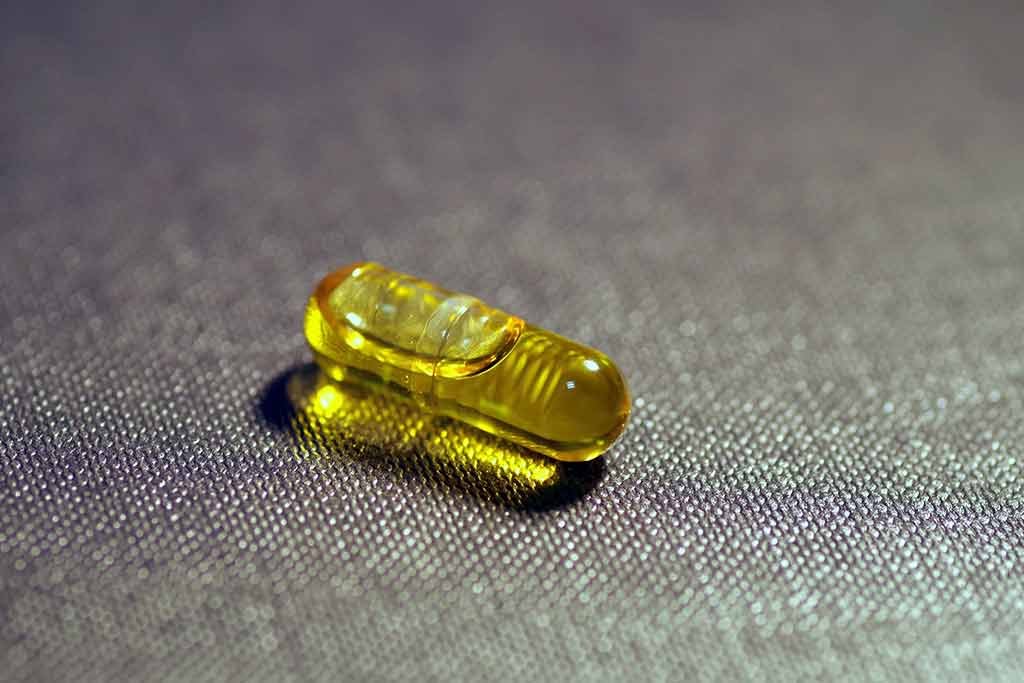Will vitamin supplements help diabetics?
Food and diet
The Daily Telegraph, the Daily Mail and the BBC reported that levels of thiamine (vitamin B1) were found to be around 75% lower in people with diabetes than in healthy
The Daily Telegraph , the Daily Mail and the BBC reported that levels of thiamine (vitamin B1) were found to be around 75% lower in people with diabetes than in healthy people. The reports were based on a study that also found that thiamine was expelled from the body at 24 times the normal rate in type 1 diabetics and 16 times the normal rate in type 2 diabetics.
Thiamine helps the body convert carbohydrates into energy and is also essential for the functioning of the heart, muscles, and nervous system. Thiamine is present in food including fortified breads, cereals, whole grains, pasta, fish and lean meat.
The Daily Mail stated that “this deficiency could increase the chance of heart attacks and strokes”.
The Telegraph said, “In what could be a major finding for treatment of diabetes-related vascular conditions, the experts found the shortage was linked to damage to the kidneys, retina and nerves in the arms and legs - common in diabetics.”
The BBC illustrated the potential for the findings by quoting lead researcher Professor Paul Thornalley: "It is early days, but it could have a huge difference. Supplementing diets could be an effective way of minimising the risk of these complications."
This is a well-conducted study, showing that there are lower levels of thiamine in the blood of diabetic people and that the kidneys in diabetics expel thiamine from the body at a faster rate than in healthy people. This is an interesting finding, and further research is needed. However, thinking that treating thiamine deficiency in diabetics could cut the risk of heart attacks and strokes would be incorrect. This is because the study did not assess the complications of diabetes, but simply compared thiamine processing between people who have diabetes and those who don't.
Where did the story come from?
The research was conducted by PJ Thornally and colleagues at the University of Essex, University of Warwick, Colchester General Hospital, and Ipswich Diabetic Foot Unit and Diabetes Centre in the UK. The study was funded by a grant from Diabetes UK. The study was published in the peer-reviewed journal Diabetologia .
What kind of scientific study was this?
This is a cross-sectional study, which investigates blood levels of thiamine and rate of removal by the kidneys in people with diabetes and healthy controls.
Patients with diabetes were recruited from the Diabetes Clinic at Colchester General Hospital, and healthy controls were volunteers from partners and friends of patients and study investigators. All the study’s participants had 24-hour urine collections and fasting blood samples taken, which were analysed for levels of thiamine.
What were the results of the study?
They found that the concentration of thiamine in the blood of people with type 1 diabetes was decreased by 76% compared with healthy controls, and the corresponding figure for type 2 diabetes was 75%. Renal clearance, examined by the rate at which thiamine was removed from the blood by the kidneys, was increased 24-fold in people with type 1 diabetes, and 16-fold in people with type 2 diabetes.
What interpretations did the researchers draw from these results?
The authors concluded that low concentrations of thiamine are found in the blood of people with type 1 and type 2 diabetes. They say that this is linked with increased removal of thiamine from the blood by the kidneys.
What does the NHS Knowledge Service make of this study?
This is a well-conducted study, which shows that the concentration of thiamine in blood is lower in people with diabetes compared with healthy people, probably because of increased removal of this vitamin by the kidneys.
This is an interesting finding, which highlights the need for further investigation in various areas, as acknowledged by the study authors:
- The study includes a small group of people from a particular area, and it is important to try to replicate the findings in different populations who may have different diets.
- It is not clear why thiamine is removed from kidneys at a higher rate in people with diabetes, and further studies are needed to find out how this works.
- Importantly, this study only examined the amount of thiamine in the blood and urine, and the rate that thiamine is removed by the kidneys of diabetics and healthy people. No conclusions can be drawn on how thiamine levels affect the development of complications in diabetes. This includes microvascular problems such as diabetic nephropathy (progressive kidney disease), retinopathy (which may progress to visual loss), or neuropathy (which puts the patient at risk of complications such as ulcers). It also includes diabetic macrovascular complications such as heart disease and stroke, as mentioned in some of the newspaper reports.
- Carefully controlled trials of thiamine supplements in patients with diabetes will be needed to determine whether treatment does have any potential role in reducing the risk of diabetic complications.
Assuming that treating thiamine deficiency in diabetics could cut the risk of heart attacks and strokes, and hence diabetic deaths, would be incorrect. This is because the study did not assess the complications of diabetes, but simply compared thiamine processing between people who have diabetes and those who don't.
Thiamine deficiency can lead to a condition known as Beriberi, a disease that can affect the heart and nerves, however, there is no guarantee that giving thiamine supplements to diabetics will reduce the risk of these conditions developing, as they may still be caused by other factors related to diabetes.
The relationship between thiamine and dysfunction in diabetes needs further study. From this research all that can be said is that there are differences in thiamine concentration and processing between diabetics and healthy people.






 Subscribe
Subscribe Ask the doctor
Ask the doctor Rate this article
Rate this article Find products
Find products







